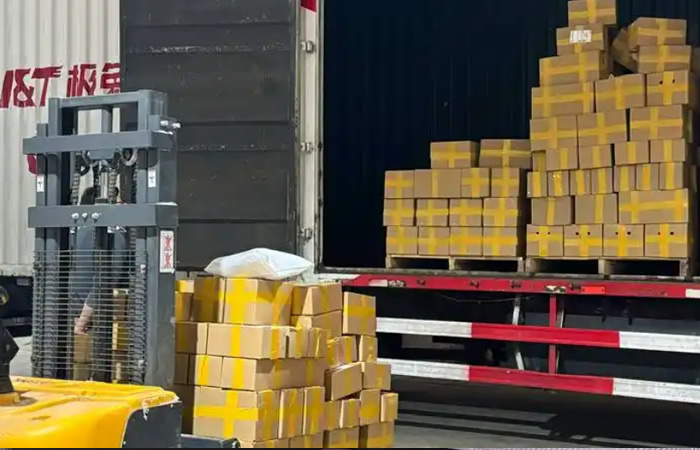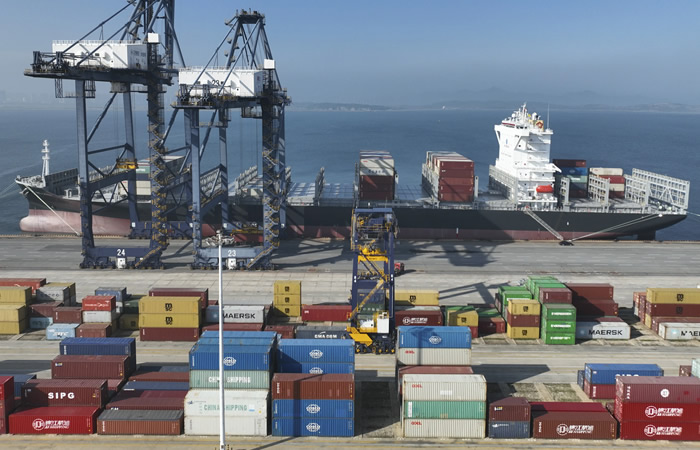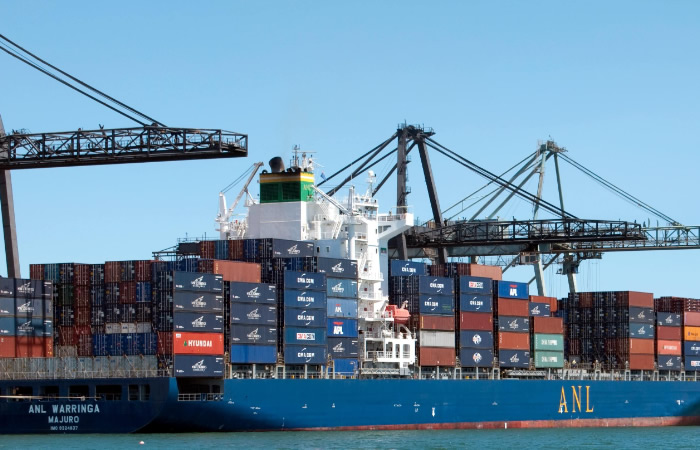The difference between fob and cif in foreign trade export process
Keyword:umbrella sale Addtime:2025-01-09
Umbrella factory often have foreign trade export orders for custom umbrellas. FOB and CIF quotations are export concepts that must be learned
FOB (Free on Board) and CIF (Cost, Insurance and Freight) are two commonly used trade terms in international trade. They have the following differences:
1. Different price composition
FOB:
The FOB price mainly includes the cost of the goods, that is, the value of the goods themselves. For example, the cost of raw materials and processing costs of the factory products. Under this price term, the seller is responsible for all costs and risks before the goods are loaded on the ship designated by the buyer at the designated port of shipment. The transportation costs and insurance costs after loading are borne by the buyer.
CIF:
In addition to the cost of the goods, the CIF price also covers the freight and insurance costs of the goods from the port of shipment to the port of destination. This means that the seller is responsible for arranging transportation and insurance and bearing these costs. For example, the seller needs to pay the ocean freight to deliver the goods to the port of destination, as well as the cost of purchasing marine transportation insurance for the goods.

2. Different division of responsibilities and risks
FOB:
The division of risks is based on the goods crossing the ship rail at the designated port of shipment. Before the goods cross the ship rail, all risks, such as damage and loss of goods during storage at the dock, are borne by the seller; once the goods cross the ship rail, the risk is transferred to the buyer. For example, if the goods fall into the water and are damaged during loading, the seller is responsible for the damage before crossing the ship rail, and the buyer is responsible for the damage afterwards.
The seller main responsibility is to deliver the goods that meet the contract requirements to the ship designated by the buyer at the time and port of shipment specified in the contract, and notify the buyer in a timely manner. The buyer is responsible for chartering a ship, paying freight, and arranging insurance for the goods during transportation.
CIF:
The risks borne by the seller are also before the goods cross the ship rail at the port of shipment, but the seller has more responsibilities during the entire transportation process. The seller is responsible for chartering a ship, arranging the transportation of the goods to the port of destination, and purchasing marine transportation insurance for the goods and paying the insurance premium.
Even if a risk covered by insurance occurs during transportation, such as damage to the goods due to a storm at sea, although the risk is ultimately borne by the buyer (because the risk has been transferred when crossing the ship rail), the seller needs to assist the buyer in handling insurance claims and other matters.

3. Different arrangements for transportation and insurance
FOB:
The buyer is responsible for arranging transportation, and the buyer needs to choose the appropriate mode of transportation, shipping company and transportation route according to his own needs. For example, the buyer may decide whether to choose a fast ship or an ordinary cargo ship based on factors such as the urgency of the goods and the transportation cost.
The buyer is also responsible for purchasing insurance, and the buyer can choose the insurance amount and insurance terms based on his risk preference and the value of the goods. For example, for high-value goods, the buyer may choose a higher insurance amount and more comprehensive insurance terms.
CIF:
The seller is responsible for arranging transportation, and the seller will choose a suitable shipping company and transportation route based on the contract requirements and its own transportation channels. During the transportation process, the seller needs to ensure that the goods are delivered to the destination port on time and safely.
The seller also needs to purchase insurance for the goods. The insurance amount is generally determined by adding a certain percentage (usually 10%) to the contract price, and the insurance coverage must comply with the transportation route and the nature of the goods specified in the contract. In this way, when an insurance accident occurs during the transportation of the goods, the buyer can get corresponding compensation.
You may not reproduce resources from this website without permission.




 Factory salesProfessional umbrella manufacturer
Factory salesProfessional umbrella manufacturer Design samplesFree design and changes
Design samplesFree design and changes Professional TeamOne-to-one with a quality advisor
Professional TeamOne-to-one with a quality advisor On-time deliveryOn-time delivery by logistics
On-time deliveryOn-time delivery by logistics After Sales GuaranteeCustomer service perfection
After Sales GuaranteeCustomer service perfection
 Customer Service
Customer Service Customer Service
Customer Service WhatsApp
WhatsApp